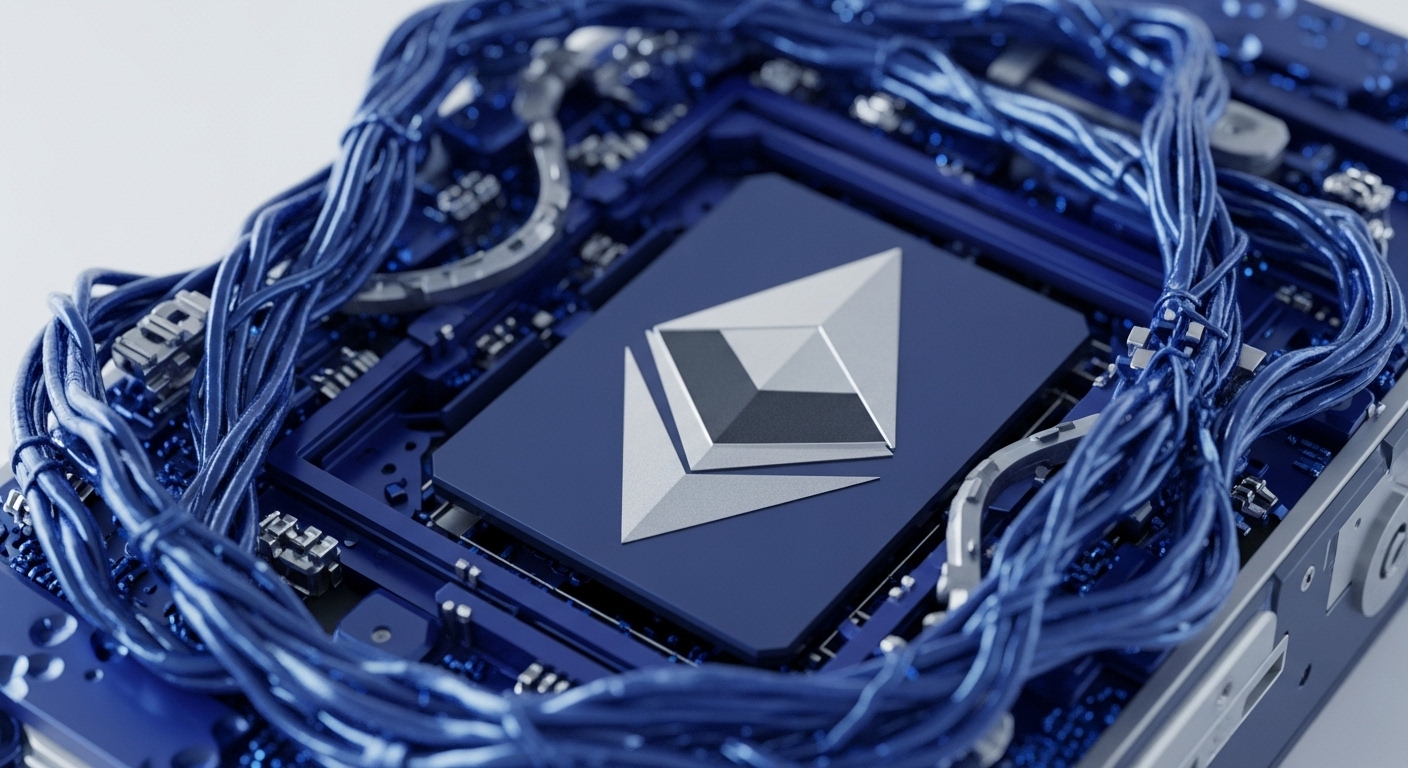
Briefing
Tapzi introduces a novel skill-to-earn Web3 gaming platform on the BNB Smart Chain, fundamentally altering the GameFi landscape by prioritizing player ability over chance-based mechanics. This innovation directly addresses prevailing issues of unsustainable tokenomics and poor user experience within the sector, fostering a competitive environment where outcomes are determined by strategic gameplay. The platform’s ongoing presale has demonstrated significant early traction, with over 50 million TAPZI tokens already sold in Stage 1, signaling robust market interest and a clear demand for its differentiated model.

Context
Prior to Tapzi’s emergence, the Web3 gaming ecosystem frequently grappled with several critical challenges. Many projects relied on luck-driven play-to-earn models, often leading to inflationary tokenomics and a lack of genuine competitive depth. User onboarding presented significant friction, characterized by complex wallet setups and high gas fees, which alienated mainstream gamers.
Furthermore, the absence of robust anti-cheat mechanisms and limited developer tooling hindered the creation of truly engaging and sustainable decentralized game experiences. These factors collectively created a product gap for platforms that could deliver fair, skill-based competition with seamless accessibility.

Analysis
Tapzi’s platform directly impacts the application layer by establishing a new primitive for competitive decentralized gaming. It fundamentally alters user incentive structures through its skill-to-earn model, where players stake TAPZI tokens in PvP matches like Chess and Checkers, with winners earning rewards from opponent stakes. This system mitigates the inflationary pressures common in traditional GameFi by deriving rewards from player pools rather than continuous token emissions. The integration of an ELO rating system and anti-bot protections ensures fair competition, a critical differentiator for attracting and retaining skilled players.
For end-users, this translates into a more engaging and meritocratic gaming experience, while competing protocols face pressure to evolve beyond luck-based mechanics and enhance their anti-cheat capabilities. Tapzi also functions as a launchpad, offering SDKs and smart contract templates for developers to build new skill-based titles, thereby fostering composability and expanding the broader Web3 gaming ecosystem.

Parameters
- Protocol Name → Tapzi
- Blockchain → BNB Smart Chain
- Core Model → Skill-to-Earn (PvP gaming)
- Presale Status → Stage 1 ongoing, 50M+ tokens sold
- Current Token Price (Stage 1) → $0.0035 TAPZI
- Projected Listing Price → $0.01 TAPZI
- Total Token Supply → 5 Billion TAPZI
- Initial Market Cap Estimate → $750,000
- Security Audits → Coinsult, Solidproof

Outlook
Tapzi’s roadmap outlines a clear trajectory for ecosystem expansion, including the Q4 2025 PancakeSwap listing and beta platform launch with global tournaments. The subsequent introduction of NFT avatars, guild partnerships, and an SDK for developers in 2026 positions Tapzi to become a foundational building block for a broader skill-based gaming metaverse. This strategic emphasis on developer tools could attract a new wave of game creators, leveraging Tapzi’s existing infrastructure and user base.
Competitors may attempt to fork or replicate the skill-to-earn model, yet Tapzi’s early mover advantage, established community, and robust anti-cheat framework create a defensible moat. The platform’s commitment to gasless, mobile-first onboarding also positions it for significant user acquisition beyond crypto-native audiences, addressing a key challenge for mass adoption.

Verdict
Tapzi’s strategic focus on skill-based Web3 gaming, coupled with its sustainable tokenomics and developer-centric approach, establishes a robust framework for long-term growth and redefines competitive engagement within the decentralized application layer.
Signal Acquired from → Outlook India
